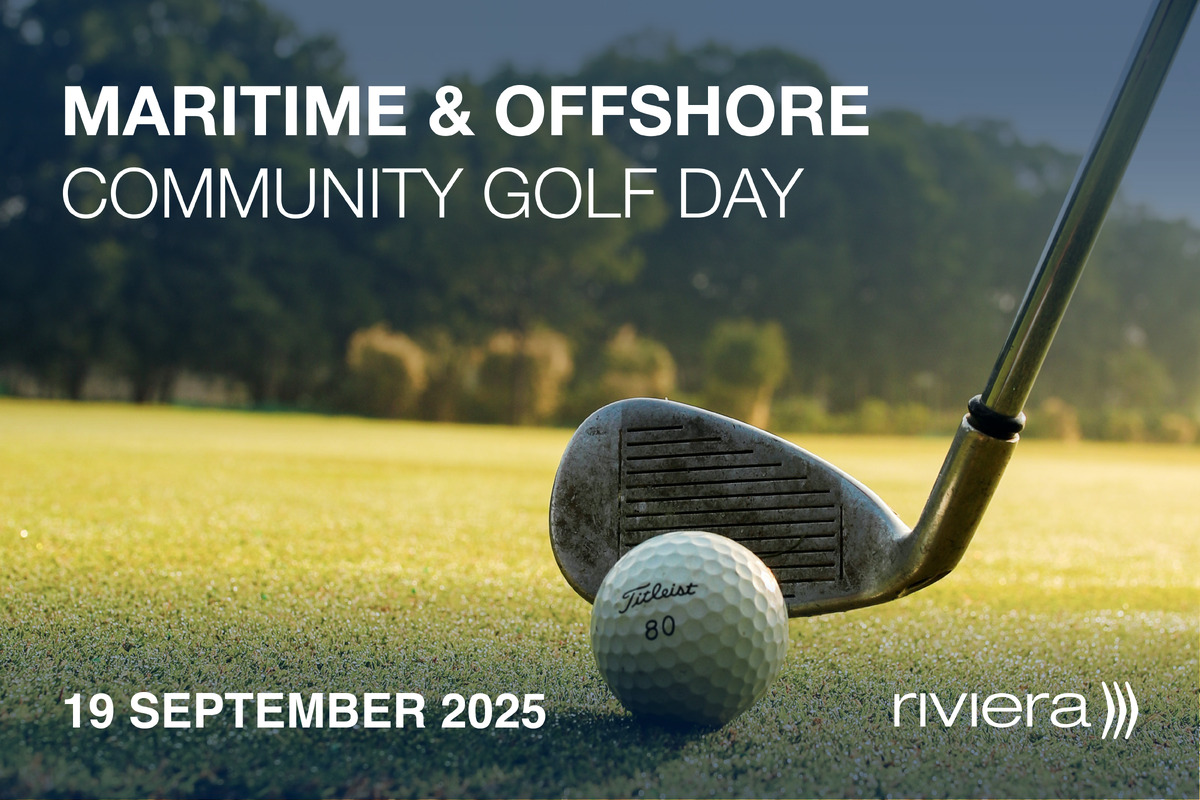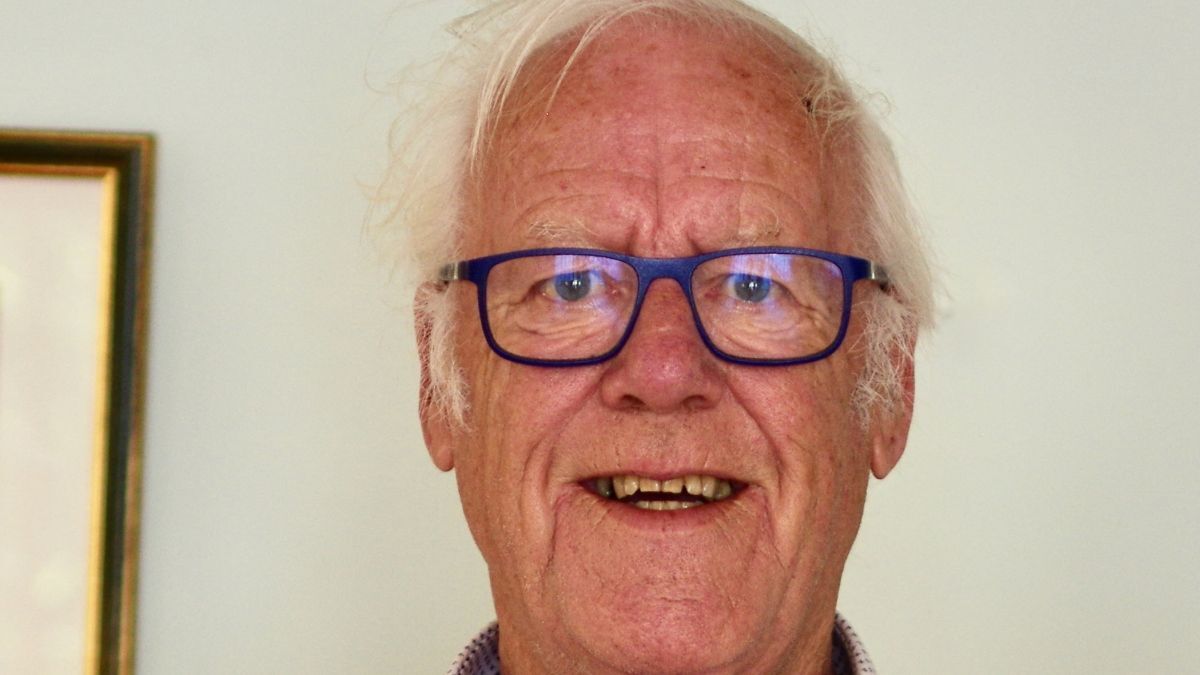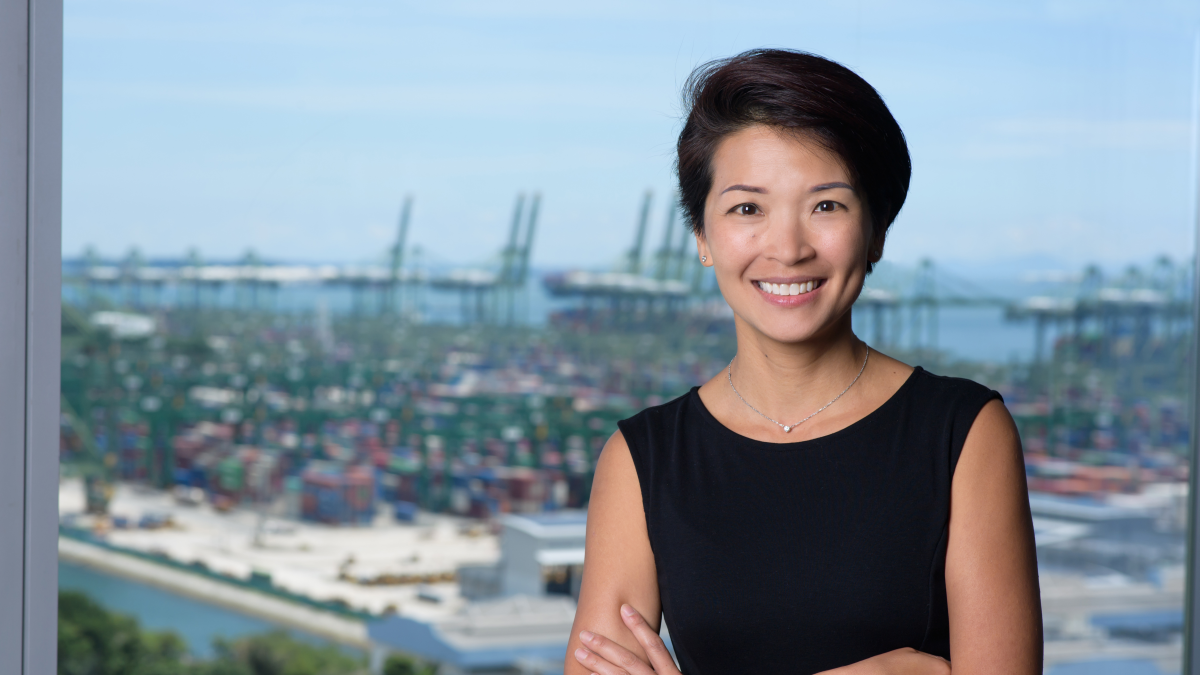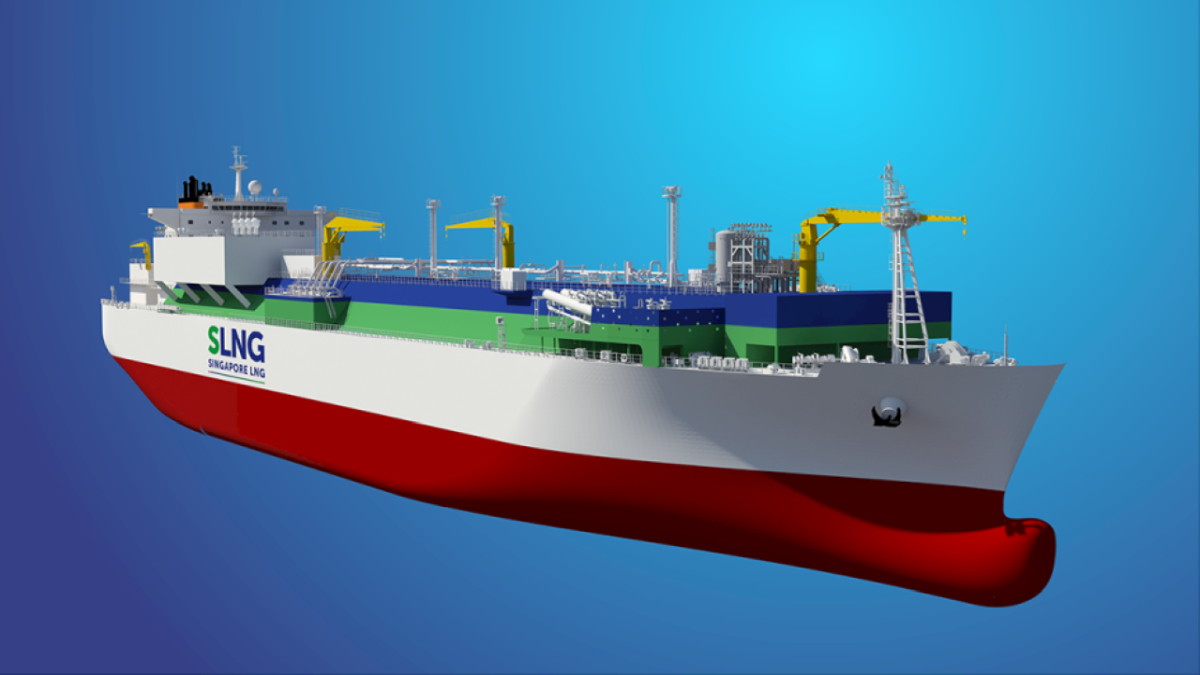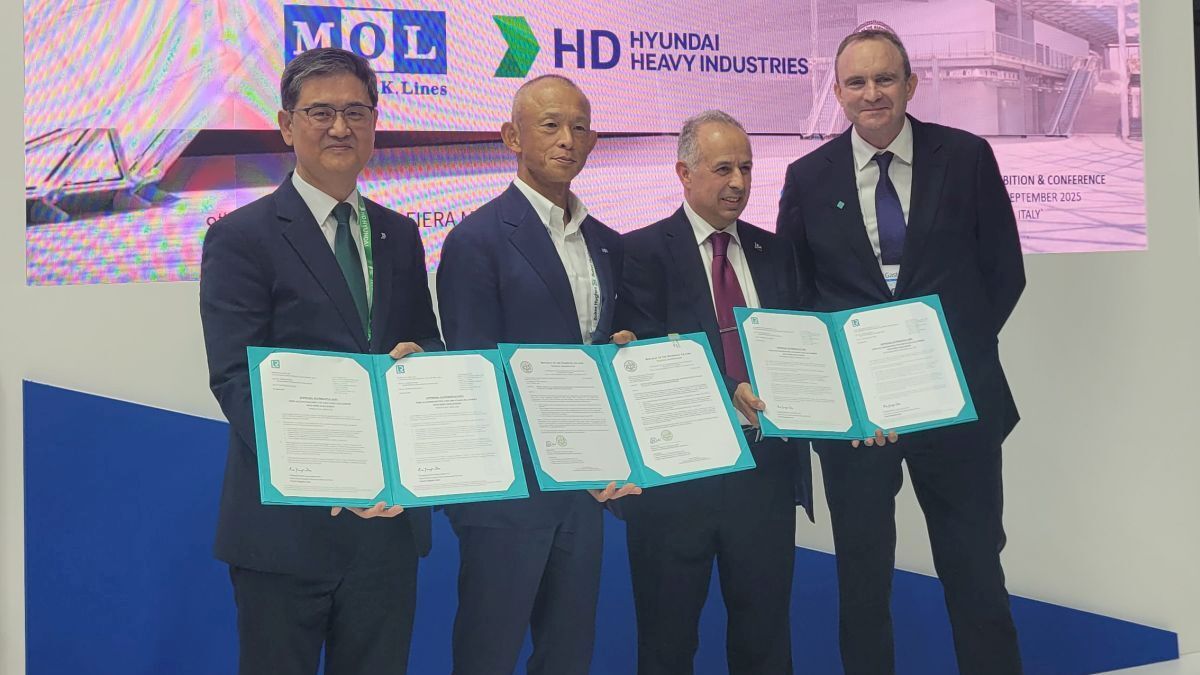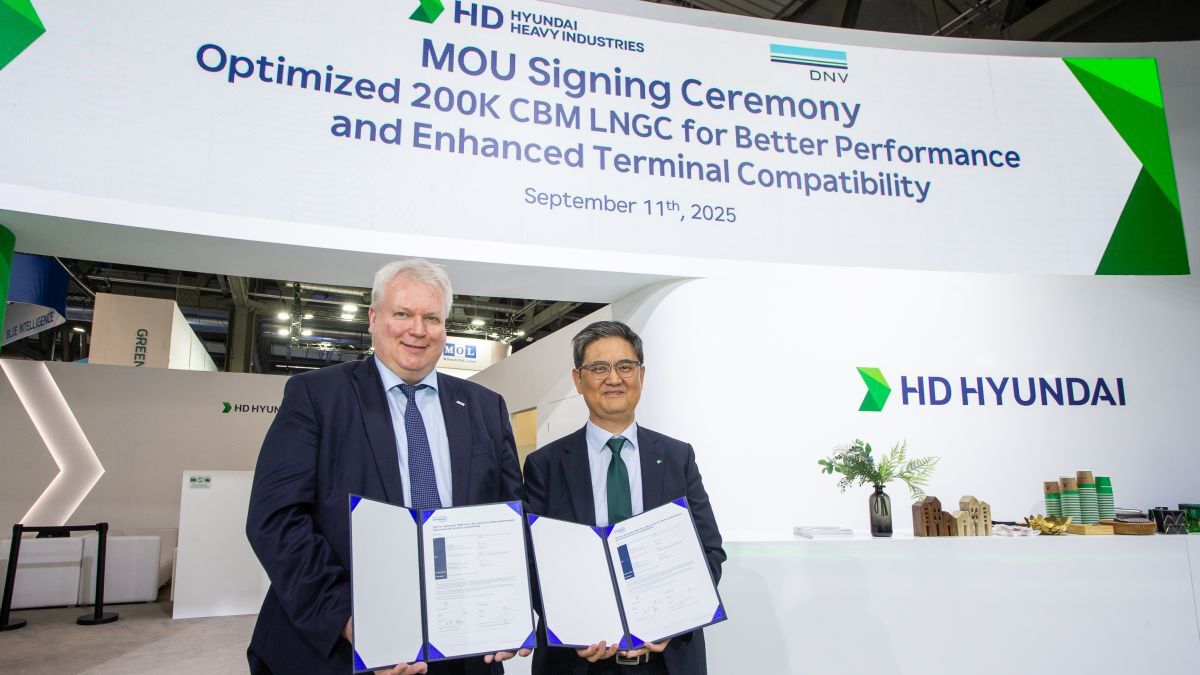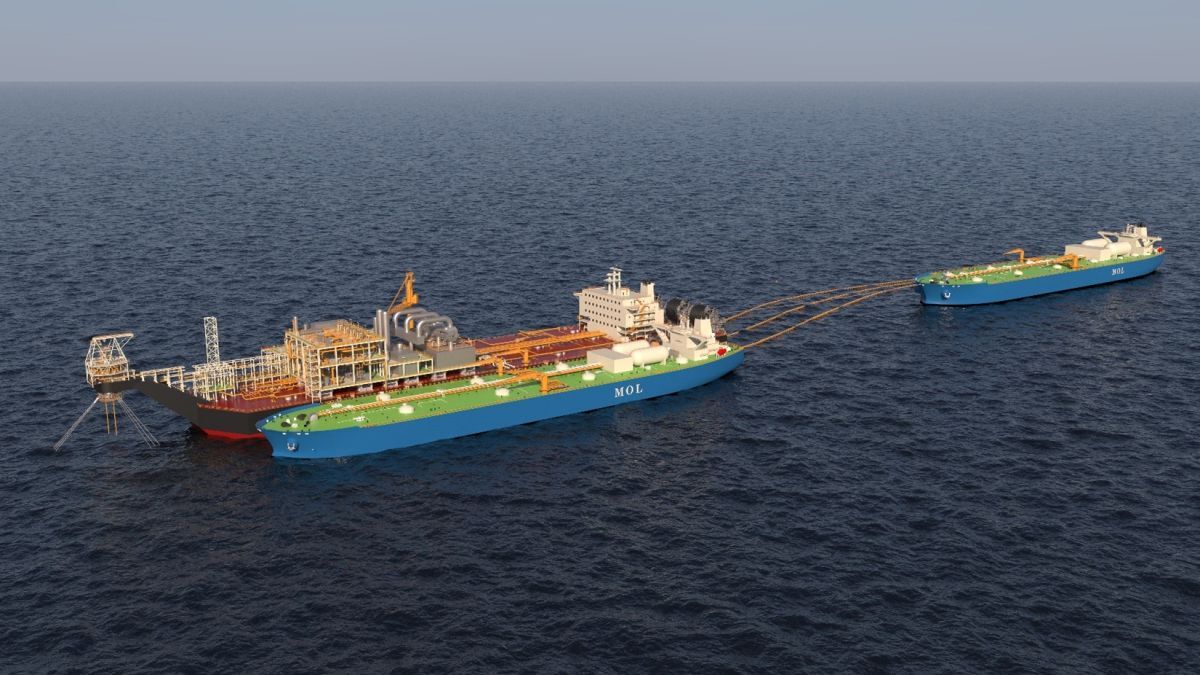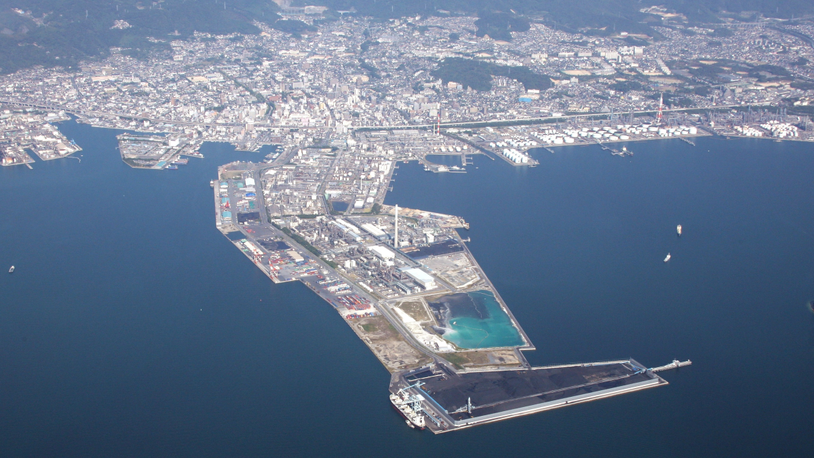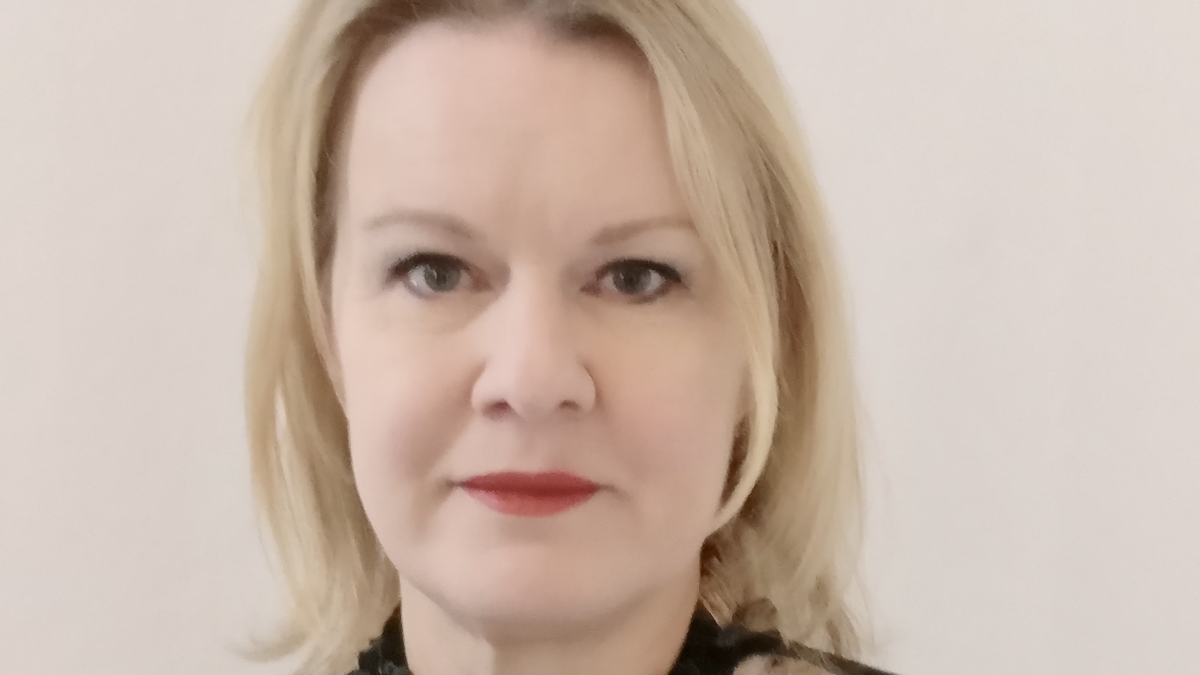Business Sectors
Contents
Register to read more articles.
From Shell engineer to industry icon: Nigel Draffin honoured in Amsterdam this September
Nigel Draffin, a pioneer in maritime decarbonisation and co-founder of the International Bunker Industry Association, will receive the 2025 Lifetime Achievement Award at Riviera’s September Maritime Decarbonisation Conference, Europe
The award ceremony, sponsored by International Registries, will take place on 30 September 2025 at NH Amsterdam Schiphol Airport. The accolade recognises Mr Draffin’s distinguished five-decade career, which includes engineering roles at Shell Tankers, management of bunker fuel procurement, and a crucial role in establishing international fuel quality standards. He is the latest in a long line of industry luminaries to receive the award, with recent recipients including Professor KK Lee and Kjeld Aabo.
Ahead of the ceremony, Mr Draffin highlighted the critical importance of mentorship in maritime decarbonisation, warning that inadequate mentorship poses a serious threat to progress. “It’s unbelievably important,” he emphasised, arguing that junior staff “need to be mentored properly – they’re not going to be bossed about, they’ve got to be gently led into getting the right frame of mind to approach problems.”
This issue is especially urgent given the challenges in training staff on alternative fuels, where young marine engineers face difficult decisions about specialising in liquefied natural gas, ammonia, methanol or biofuels. The International Maritime Organization mandates specific training for each fuel type. As Mr Draffin explains, “Invariably you’re going to have to pay for it yourself because most of these guys work effectively as contractors.”
These training challenges worsen existing shortages, with a significant shortfall in engineering officers only alleviated by later retirements. Without strong mentorship, the industry risks being unable to manage the technical demands of decarbonisation effectively.
Mr Draffin brings exceptional authority to these concerns, having helped establish vital collaborative frameworks in shipping since co-founding the International Bunker Industry Association (IBIA) in 1992. He recognised early on that the industry’s fuel suppliers and buyers rarely communicated, so IBIA created forums to discuss mutual problems and find solutions. As he observed, fuel suppliers and buyers “rarely talked,” and the association enabled them to “discuss mutual problems because if you talk about your problems, you can find solutions to them.” This collaborative spirit was transformative, particularly in developing fuel quality standards. When IBIA was founded, international standards were rudimentary – the ISO standard arrived only in 1987, following the UK’s British Standard five years earlier. Today, the focus is on adopting the latest 2024 standard, which covers fuel blends and biofuels, though Mr Draffin notes that “some ports in the world still have the majority of suppliers working to the 2005 standard.”
Mr Draffin’s career also charts the technological evolution of the industry. His 30 years at Shell, from seagoing engineer to bunker procurement manager, included a research period at Shell International Marine, where the marine research budget exceeded that of the UK government’s maritime research. This funding supported innovations such as onboard performance monitoring systems, which became “universally adopted in the 1990s and early 2000s.”
Following Shell, he gained broad industry insight through roles at EA Gibson Shipbrokers and LQM Petroleum Services, as well as being a course director since 1994, spanning suppliers, buyers and brokers. This comprehensive perspective informs his pragmatic approach to decarbonisation.
Financial constraints increasingly limit technical progress, he warns. “A lot of technical advances come at a cost,” Mr Draffin explains, noting major oil companies’ substantial research budgets enabled experimentation that smaller operators cannot afford. For alternative fuels, “the technology is there, but they cost more than conventional fuels, which means you’re going to need incentives to get people to switch.”
Beyond cost, global continuity of supply is essential; tramp vessel operators “don’t want to be faced with the fact that you can only buy alternative fuel of choice in major hub ports.” This infrastructure gap, combined with training shortfalls, creates significant barriers to adoption.
Despite these challenges, Mr Draffin sees potential in wind-assisted propulsion, improved hull hydrodynamics and speed reductions. He cites container shipping’s experience, where operators initially built vessels capable of 28 knots to compete with refrigerated carriers, despite most cargoes not being time critical. He describes this as “madness,” noting the sector’s subsequent shift to 22-knot vessels demonstrates how practical considerations ultimately prevail.
Mr Draffin also highlights the tension inherent in regulatory drivers, observing that industry leaders “will make decisions on the basis of the needs of their individual company rather than for the good of the planet.” He asserts, “It’s up to the regulators to tap them on the shoulder and say, actually, although this might decrease your throughput or decrease your profitability, we require you to do the following.”
This regulatory imperative underpinned his greatest achievements – from performance monitoring systems to industrywide fuel standards – but he stresses that individual mentorship remains key to translating regulations into operational success.
As delegates gather at the Maritime Decarbonisation Conference, Europe this September in Amsterdam to honour his lifetime achievement, Mr Draffin’s focus on mentorship seems increasingly relevant. From a curious teenager in Margate to a globally respected expert who has “taught well over 8,000 students,” his career shows how proper guidance can shape not only individual futures but entire industry transformations.
Riviera’s Maritime Decarbonisation Conference, Europe will be held in Amsterdam Schipol Airport, 30 September to 1 October 2025. Click here to register your interest in this industry-leading event.
Related to this Story
Events
Maritime & Offshore Community Golf Day 2025
Offshore Wind Webinar Week
Maritime Decarbonisation, Europe: Conference, Awards & Exhibition 2025
Offshore Support Journal Conference, Americas 2025
© 2024 Riviera Maritime Media Ltd.
